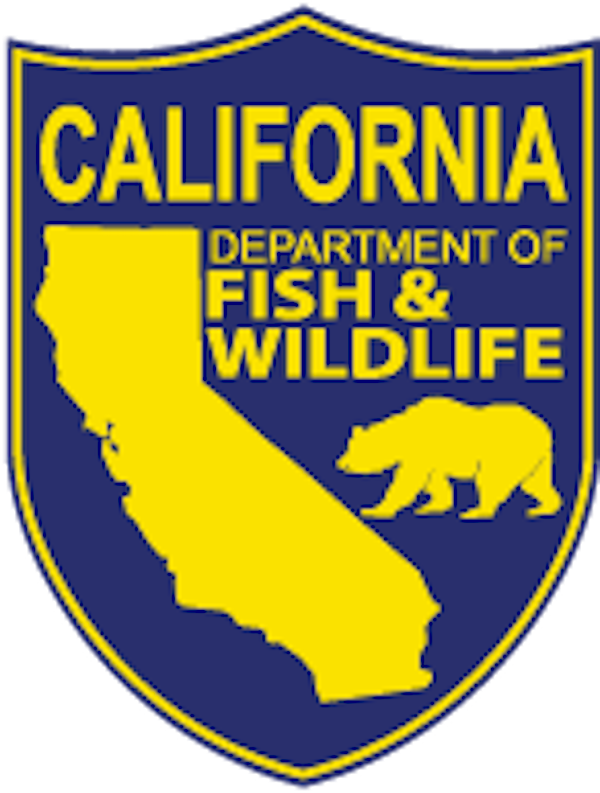Can You Use a Blowgun to Hunt Big Game?

by California Department of Fish & Wildlife
10-8-2020
Website
Question: I know someone who works at a zoo and they sometimes use blowguns when they need to tranquilize their animals. I am wondering if I can use a blowgun to hunt big game. Not to tranquilize, but to actually hunt. (Robert)
Answer: No, a person may not use a blowgun to hunt big game, nor is it legal to possess a blowgun at all.
The mechanisms by which a person may hunt or “take” a big game mammal are specifically defined by the California Code of Regulations, Title 14, section 353. The section is lengthy because the methods authorized for take are as permissive as they can be and may be quite different for different types of game. Blowguns are not authorized anywhere in that section. Also, blowguns are specifically prohibited by California Penal Code section 20010 – not just for hunting, but for any purpose. This code section states: “Any person who knowingly manufactures, sells, offers for sale, possesses, or uses a blowgun or blowgun ammunition in this state is guilty of a misdemeanor.”
The one exception in the Penal Code for possession of a blowgun is for those professionals who work with wild, domestic or zoo animals. The exception is defined in Penal Code section 20015, which states: “Nothing in this division shall prohibit the sale to, purchase by, possession of, or use of any blowgun or blowgun ammunition by zookeepers, animal control officers, Department of Fish and Game personnel, humane officers, or veterinarians in the course and scope of their business in order to administer medicine to animals.”
Blowguns are an important tool for California Department of Fish and Wildlife (CDFW) personnel when tranquilizing (also known as chemically immobilizing) an animal in a confined or restricted space. Blowguns are quieter than standard tranquilizing guns, which makes them less startling to the animal. Blow darts also hit with less force, typically use smaller needles and inject drug with less pressure which can provide a very safe and humane option for biologists, veterinarians or wildlife officers, when used appropriately. However, their range is limited so one must get very close to the animal to be accurate and ensure an adequate injection.
More Reports

10-1-2020
The California Department of Fish and Wildlife (CDFW) has launched a new blog on its website called the “Bear Naked...... Read More

9-30-2020
California’s recreational spiny lobster season is set to kick off Saturday, Oct. 3, 2020 at 6 a.m., continuing through March...... Read More
